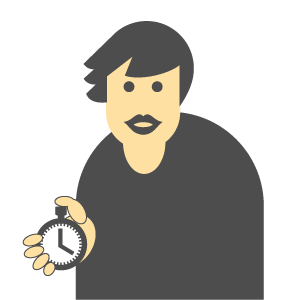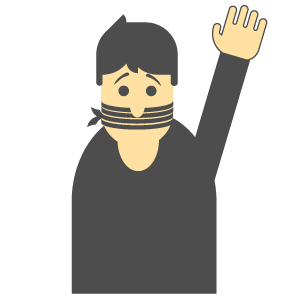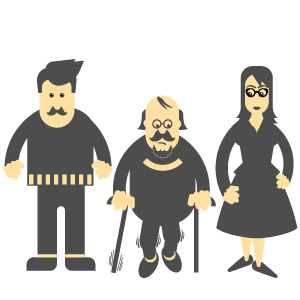I had less than five minutes to get my point across before the senior sign-off would fall asleep.
We all knew that after lunch meetings meant nap time for the person giving final approval on projects so meetings became a speed trial for concise information punctuated with sudden loud noises, clapping hands, sudden shouts of emphasis and banging of tables.
Whilst amusing for other meeting attendees it was both stressful and demoralising for the person trying to get a strategy or project agreed. What I learned was to cut the meetings down to the bare essentials, state the point, present support and ask for a yes/no answer all within five minutes.
New staff would inevitably spend time introducing themselves, exchange pleasantries about the weekend, hand out coffee or tea, get the presentation up on screen by which time our senior exec had already drifted off. The rest of us would kindly listen to the detailed presentation but they were lost. The sign-off would be delayed till a new meeting was arranged.
Most meeting advice these days tends to be avoid meetings at all cost and given the poor reputation of many meetings this is understandable. Atlassian tell us the average worker spends 31 hours a month in unproductive meetings.
However if meetings are run well ideas can be shared, budgets agreed and strategies set quickly and efficiently whilst keeping relevant people informed and involved.
I have learned similar lessons from both brilliant and terrible meeting organisers. One had a very strict twenty minute rule and would push you out of their office whether you had finished or not after twenty minutes, the other as told would often fall asleep in longer meetings held after lunch. Both taught me preparation was everything, keep it short and to the point, get your answer and get out.
I have found the following five suggestions helpful in making meetings more focused and therefore more productive.

Start on time end on time.
Time is precious so build a reputation for starting and finishing on schedule and keep the meeting’s to under twenty minutes.

Never allow any other business. (AOB)
This catch all allows people to be lazy and try to add agenda items which people can’t prepare for or allow other time wasting discussion.

Have a standing meeting.
People will be more focused and engaged, they lead to better group dynamics and people are less distracted.

Ban technology
You need people focused on the agenda not answering emails, texting or surfing the web, it will improve human interaction too.

Always have an agenda and stick to it.
Call for agenda items, then make sure people know the agenda in advance to prepare and then only allow agenda items in the meeting.